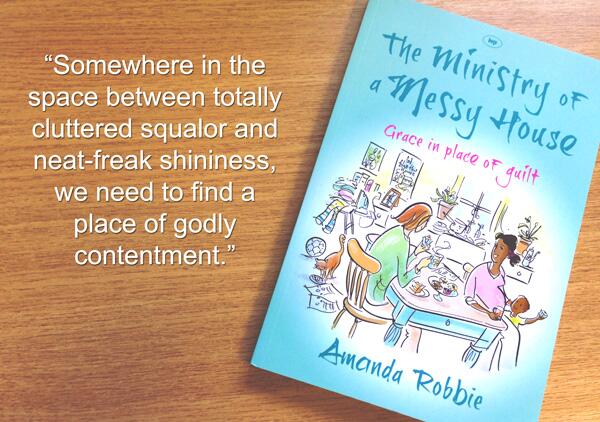Our Vicarage was beginning to empty out earlier this year. Our lovely Persian lodgers found a flat and moved out just before their baby was born. The Joker got himself an apprenticeship at a law firm in Sheffield after his two wonderful years volunteering at The Oakes, the Queen is working hard at a proper job in Lancaster and the Engineer is mostly at uni now. It was beginning to feel a bit quiet in our Victorian vicarage – the Vicarage Hound only barks when he wants a chew.
So the Vicar and I had a little pray about the next stage of Vicarage life, asking the Lord to guide our steps. And of course, that same week a lady at church told us about her friend who was having trouble finding a new home with her two small daughters. And now we have the Gentle Gs living in the attic whilst they continue to look for somewhere more permanent. And then we had a call from a minister in London who had a church member starting a job very close to us here, and so this Saturday we have a young man coming to stay whilst he settles into a new life in West Brom.


Meanwhile, I’ve been rereading some emails from the great granddaughter of the fifth vicar of our church, Rev Arthur Benjamin Irvine. Arthur was in post here from 1874 to 1902. He lived in the Vicarage with his wife Louisa and their seven children. I think this may be the last time that nine people lived here at once, although the Vicar and I are always up for a challenge. Who knows who will join us next?

Thanks to one of Arthur and Louisa’s great granddaughters, who came to visit our church in 2019, I have some more pictures and stories of life here in the Vicarage in the second half of the reign of Queen Victoria. So there are more stories of the Irvine family to come. I’m not sure I’ll have the full lowdown on how all nine of them bumped along together in the Vicarage, but I like to imagine that it wasn’t all as neat and serious as they look in the photos and was perhaps rather more like our messy Vicarage life now. Mind you, it was almost impossible to get our kids to look at a camera at the same time when they were younger.


